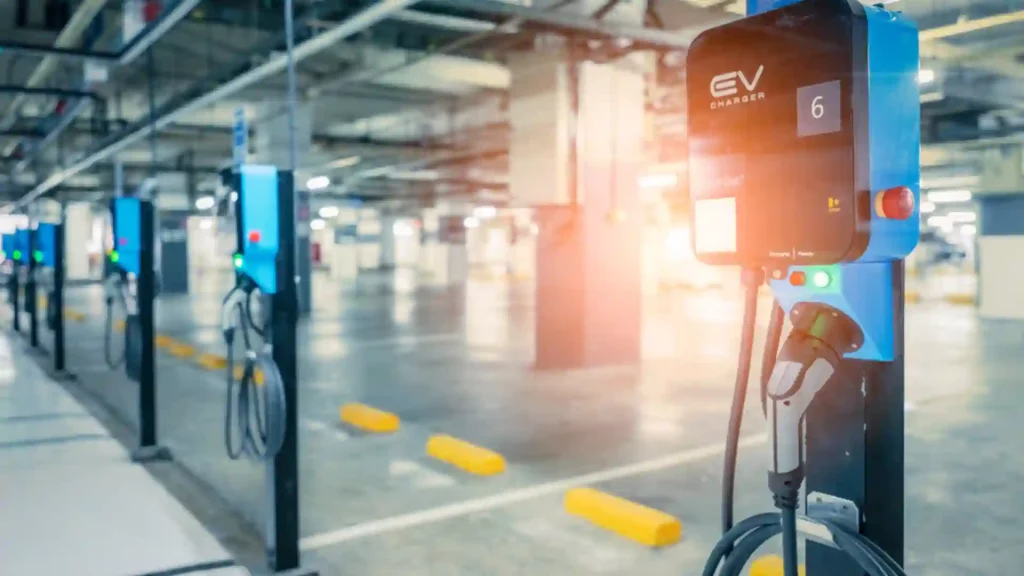Electric vehicle charger manufacturers and operators in the United States prepare for a business winter brought by the President’s rules for transitioning to indigenous materials and services in building highways well equipped with electrical facilities across the country by 2030.
Manufacturers and operators have decided to dissent with the $7.5 billion government initiative of “Made in America” to boost the EV industry. They are ready to face adversity in the form of lower production output and delayed installation of chargers.
Even some government officials in close proximity to implementing these state funds cautioned that the strict constraint and immediate shift would cause substantial harm to the industry, which the White House wants to improve. As of now, the US doesn’t possess the capability to produce high-speed indigenous chargers and bring in a sudden shift that might ramp up the costs all of a sudden.
A charging manufacturer that imports its products from its plant in Beijing, XCharge North America co-founder Aatish Patel said most of them were assuming that the White House would defer the Buy America and Made in America campaigns, but now their long-term plans will have to undergo massive changes.
Patel added that shifting the production house to their home country from an established base in some far-off cheaper labour country like China takes more than 1 to 1.5 years. They will now have to speed up the process of establishing a US plant to be in tandem with the policies, increasing their costs by 25 to 30 per cent.
Out of the $7.5 billion fund, two-thirds, or $4.6 billion, will be directly allotted to the states and other cities, counties or Native American tribes who have applied will have to grapple to get the most out of it.
The Department of Transportation of Arizona, a southwestern state, is heading the implementation of building electric charging stations across the state. It is eyeing funding of $76.5 million in the coming five years.
Thor Anderson, project manager at the Arizona state Department of Transportation, said that Buy America is a blockage in their plans to roll out charging stations. He mentioned that a sudden surge in demand for new charging stations would put charger producers under immense stress to fulfil deliveries.
It will be a tough ride for some players running the charging station network, like Tesla Inc, EVo Inc, ChargePoint Holdings Inc and Electrify America.
Musk the Beneficiary
The leading EV producer, Tesla, is a frontrunner in this case. It has more than 30,000 fast charging points spread all across the country, commanding a whopping 60 per cent market share in the industry.
Tesla is well in accordance with President Joe Biden’s aim of Made in America. It produces charges at its production facility in Buffalo, New York. This has given it an upper hand over all other competitors who have been left behind in shifting their production base to the US.
It is still unknown whether Tesla will bid for the funds. However, Tesla has allowed other cars to avail of the fast charging facilities at its charging stations after instructions from the US government to make the whole ecosystem more inclusive.
Nightmare for peers
EVgo Inc, a charging network operator handling more than 850 fast-charging points, disclosed a procedure where the US government could be requested individually to defer the “Made in America” regulations.
It has leased its charging manufacturing to SK Signet Inc, a South Korean charger manufacturer. They are in talks to set up a production facility in Texas that would be capable of making 10,000 DC fast charges annually by 2026.
On February 15, EVgo shares surged 10 per cent after introducing new charger rules. But have declined since then, giving up almost 25 per cent of the stock price. Besides EVgo, its peers like Blink Charging Co, Wallbox, Rivals ChargePoint and tritium have lost nearly 30 per cent of their value in the same period of time.
